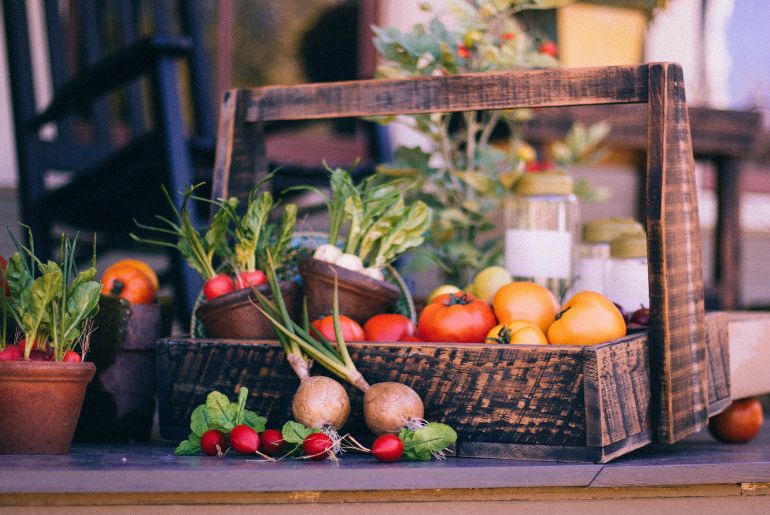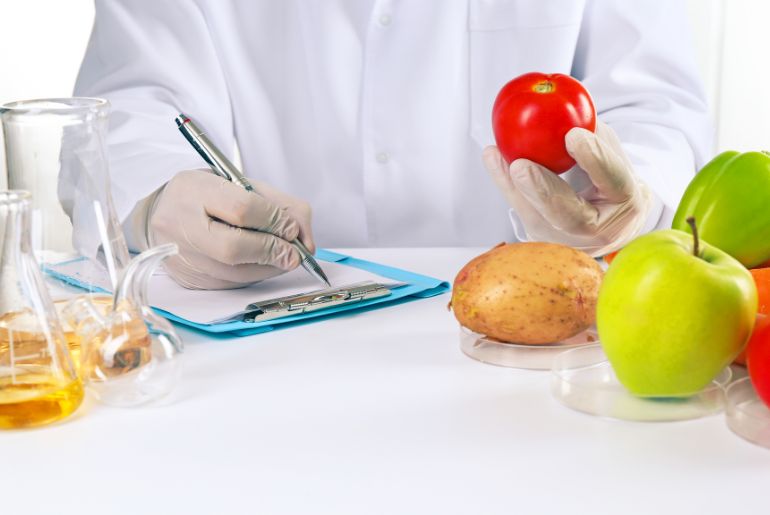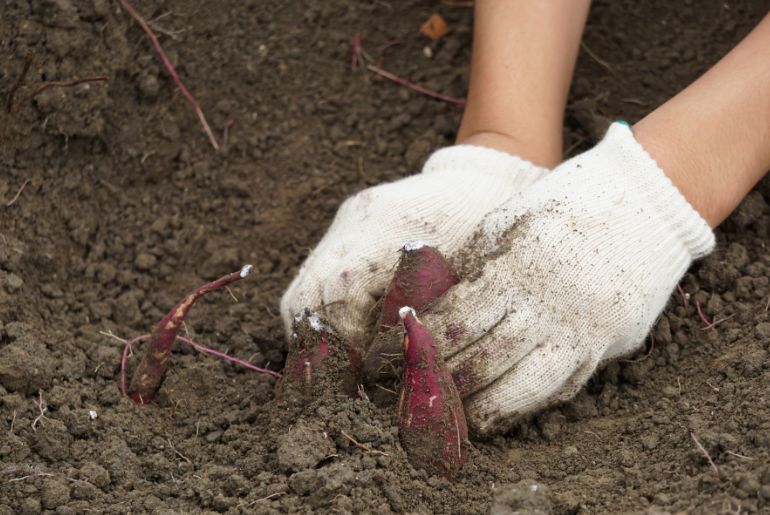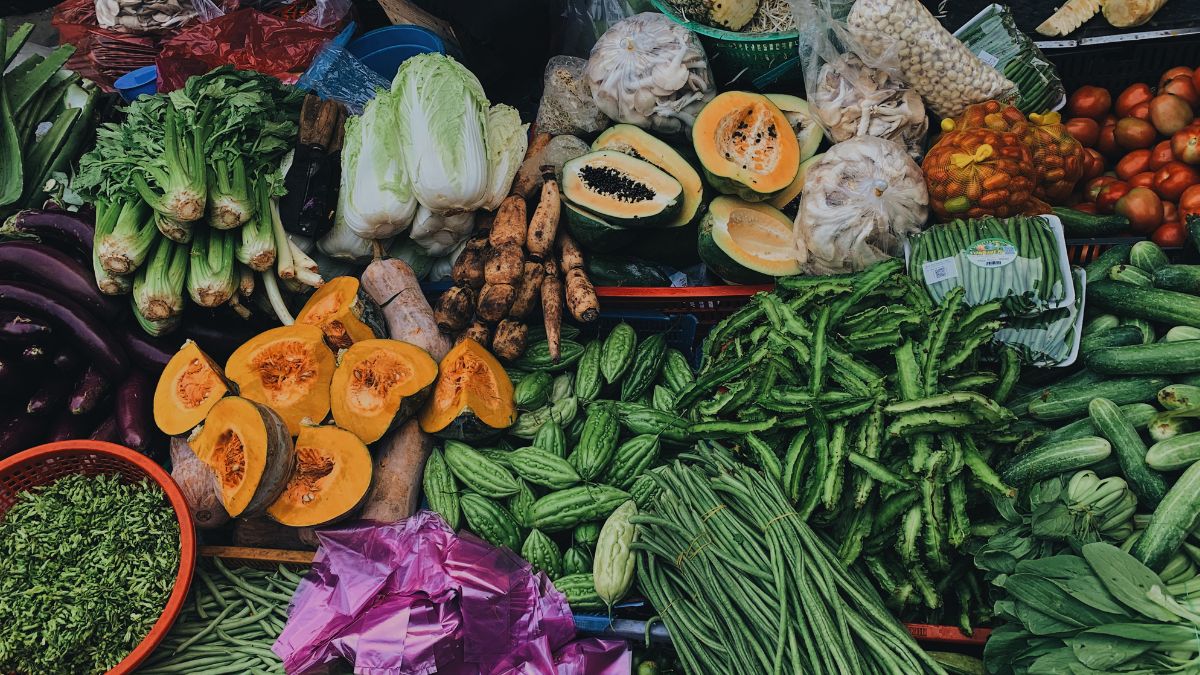How sure are you about the vegetables that you consume on a daily basis to be completely healthy? Well, a research in Bengaluru has actually made us question these bits on our plate. EMPRI researchers evaluated 400 samples of ten different vegetables and discovered metal contamination over the Food and Agriculture Organization’s (FAO) permissible limits. Vegetables grown using wastewater have greater concentrations of heavy metals is what the study says. Here’s more about it.
Contamination Found In Bengaluru Veggies

More than a fifth of Karnataka’s population lives in Bengaluru, which sources its vegetables from farmer’s networks in the surrounding cities of Bengaluru Rural, Bengaluru Urban, Kolar, Chikkaballapur, and Ramanagara. While most people rely on private stores, which range from pushcarts to supermarkets, Hopcoms alone delivers 70 tons of veggies.
Recently, 400 samples were gathered from 20 different Bengaluru stores by researchers from the Environment Management and Policy Research Institute (EMPRI). This included organic markets, Hopcoms, 5 supermarkets and 5 local markets.
To check for the presence of heavy metals, samples of ten different vegetables were analyzed. This included brinjal, tomato, capsicum, bean, carrot, green chili, onion, potato, spinach, and coriander.(as per Deccan Herald)
Also Read: ICC World Cup 2023: Fans To Get Free Cold Drinks And Popcorn At Wankhede Stadium
Onions Had Highest Iron Content

Although the maximum amount of iron that can be consumed is 425.5 mg/kg, the concentrations of 810.20 mg/kg in beans, 945.70 mg/kg in coriander, and 554.58 mg/kg in spinach were found to be purchased from reputable organic stores.
Onions had the highest iron content among the Hopcoms vegetables, with 592.18 mg/kg. The majority of the vegetables analyzed, whether from small retail establishments or supermarkets, had levels of heavy metals higher than allowed.
The FAO has set a maximum limit of 0.2 mg/kg for cadmium. However, brinjal purchased at a BTM Layout store contained 52.30 mg/kg of cadmium. Cadmium content in coriander was 53.30 mg/kg, spinach 53.50 mg/kg, and carrot 54.60 mg/kg.
Cadmium is a hazardous substance that can damage the lungs and liver and weaken the immune system. The levels of nickel in green chili, carrot, potato, tomato, and beans are above the recommended limit of 67.9 mg/kg. (as per Deccan Herald)
Also Read: In A Now Deleted Post Edelweiss CEO Shared Poor Experience On IndiGo Flight; Airline Responds
Wastewater Should Not Be Used For Production

The current study clearly shows that vegetables’ edible parts are hyper-accumulators of heavy metals. Given the potential health concerns involved with eating these veggies, it is advised that waste water should not be used in the production process.
The study cautioned against using drainage and effluent fluids for agricultural irrigation, specifically with regard to spinach, and stated that farmers should refrain from using such unethical farming practices.
According to the study, leafy greens are more likely than other vegetables to acquire heavy metals. It stated that this resulted from the plant’s increased transpiration rate to sustain growth and hydration.
The research scientist who oversaw the year-long study, N. Hema, informed DH that a larger investigation was necessary. This is to determine the specific health effects of vegetables on humans. (as per Deccan Herald)
Also Read: Gaganyaan: From Launch Date To Significance, All To Know About Indias 1st Human Space Mission
What are your views?
Cover Image Courtesy: Canva
For more such snackable content, interesting discoveries and latest updates on food, travel and experiences in your city, download the Curly Tales App. Download HERE.
Good news! We are on WhatsApp! Subscribe to Curly Tales WhatsApp Channel to stay up-to-date with exclusive content and BTS. Join HERE.




